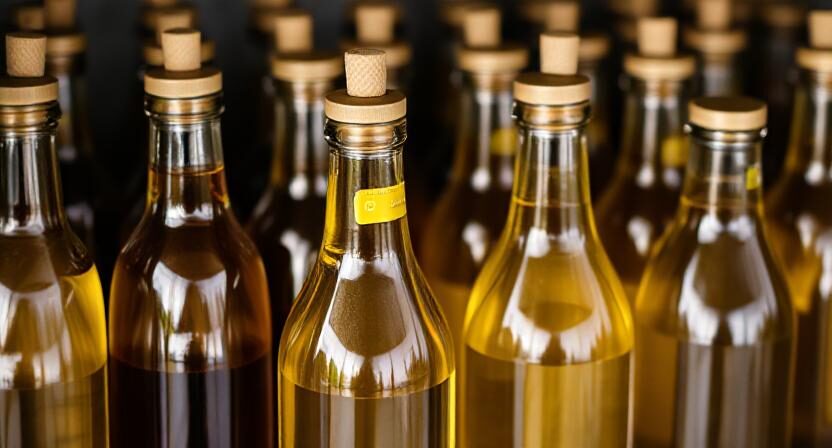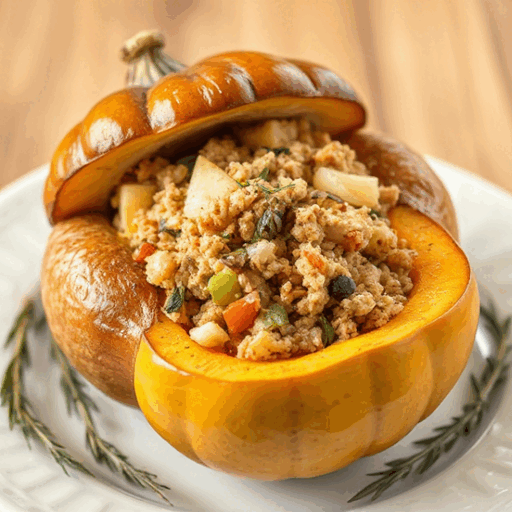The Power of Fasting: How…
Blog by Sherry Larson The Power of Fasting: How It…
Table of Contents
Toggle
When it comes to cooking, the type of fat you use can make a huge difference in your health. Many people don’t think twice about the oils they use, but emerging research shows that certain fats contribute to chronic inflammation, oxidative stress, and metabolic diseases, while others support heart health, brain function, and overall well-being.
For decades, the food industry has pushed the narrative that vegetable and seed oils are the healthiest options for cooking. However, the truth is far from what we’ve been led to believe. Many of these oils are highly processed, unstable under heat, and packed with inflammatory omega-6 fatty acids. On the other hand, traditional cooking fats like butter, ghee, tallow, and lard have been used for centuries and remain among the most stable and nutrient-dense options available.
In this article, we will take a deep dive into which oils you should avoid and why, the benefits of cooking with stable, saturated fats, and how to make the switch to healthier options.
By the end of this read, you’ll have a clearer understanding of how to optimize your diet, reduce inflammation, and improve your overall health simply by choosing the right cooking fats.
Why the Cooking Fat You Choose Matters
The type of fat you use in cooking affects flavor, nutrient absorption, digestion, metabolism, and inflammation levels. While some fats provide stable energy and essential nutrients, others break down into toxic byproducts when heated, increasing your risk of chronic disease, hormone imbalances, and neurological disorders.
The Science of Fat Breakdown
When fats are exposed to heat, they undergo a process called oxidation, which produces harmful free radicals and aldehydes. These compounds damage cells, accelerate aging, and contribute to diseases like cancer, heart disease, and Alzheimer’s.
Fats that are high in polyunsaturated fatty acids (PUFAs), like canola, corn, and sunflower oil, are the most unstable under heat, breaking down quickly and producing harmful toxins.
On the other hand, fats that are rich in saturated fatty acids, like butter, ghee, tallow, and lard, are highly stable and do not oxidize as easily, making them safer for cooking.
Fats You Should Avoid for Cooking
Many popular cooking oils are unstable at high temperatures and contain inflammatory compounds that can be harmful when consumed regularly. Here’s why you should ditch these oils from your kitchen:
Most people already consume too many omega-6s and not enough omega-3s, which disrupts the body’s natural balance and leads to health issues like joint pain, cardiovascular disease, and obesity. Additionally, sunflower oil oxidizes easily, producing harmful aldehydes that have been linked to neurodegenerative diseases.
While it has a high smoke point, its high polyunsaturated fat content makes it highly unstable under heat, leading to oxidation. Additionally, grapeseed oil is a byproduct of winemaking, meaning it often undergoes extensive processing and chemical refinement before it reaches store shelves.
Many of these butter substitutes contain trans fats, which increase bad cholesterol, promote inflammation, and raise the risk of heart disease. Additionally, they lack the essential fat-soluble vitamins found in real butter, such as vitamin K2, vitamin D, and vitamin A.
The Best Fats to Cook With
If you want to cook with stable, nutrient-rich fats that enhance flavor and support overall health, these are the best options:
How to Make the Switch to Healthier Cooking Fats
If you’re ready to transition away from unhealthy seed oils, here’s how to make the switch:
Final Thoughts
The idea that vegetable oils are “heart-healthy” has been largely debunked. If you want to support your health, reduce inflammation, and optimize nutrient absorption, switching to butter, ghee, tallow, and lard is a smart, science-backed choice.
By cooking with stable, natural fats, you can enhance flavor, protect your health, and enjoy nutrient-dense meals. Start making the switch today, and experience the benefits of real, wholesome cooking fats!
Blog by Sherry Larson The Power of Fasting: How It Enhances Metabolic Flexibility and Overall Health Fasting has…
Blog by Sherry Larson The Truth About RFK Jr. and His Fight for Health Freedom In the political…
Blog by Sherry Larson Signs of Nutritional Deficiencies and How to Fix Them A well-balanced diet is essential…
Blog by Sherry Larson The Ultimate Guide to Anti-Inflammatory Foods for Better Health Inflammation is…
Blog by Sherry Larson How to Support Your Hormones Naturally: A Holistic Guide Hormones play…
Blog by Sherry Larson The Hypocrisy of Pinkwashing: Why Companies Should Remove Harmful Ingredients Every year, during Breast…
Blog by Sherry Larson Why Your Doctor Should Help You Get OFF Medication, Not Keep You On It …
Blog by Sherry Larson The Thin Line Between Misinformation and Silencing Truth: A Deep Dive into Market Transparency …
Blog by Sherry Larson Herbs in Witchcraft & Medicine: Ancient Wisdom Meets Modern Science Throughout history, herbs have…
copyright © 2025 Anti-Inflammatory Approach. All rights reserved. Unauthorized reproduction, distribution, or use of any content, including text, images, recipes, or other materials on this website, is strictly prohibited without prior written permission. This website’s content is provided for informational purposes only and does not constitute medical or professional advice.


This $1 anti-inflammatory cookbook is packed with simple, tasty recipes to reduce inflammation and improve energy. Don’t miss out—get it now on Amazon!